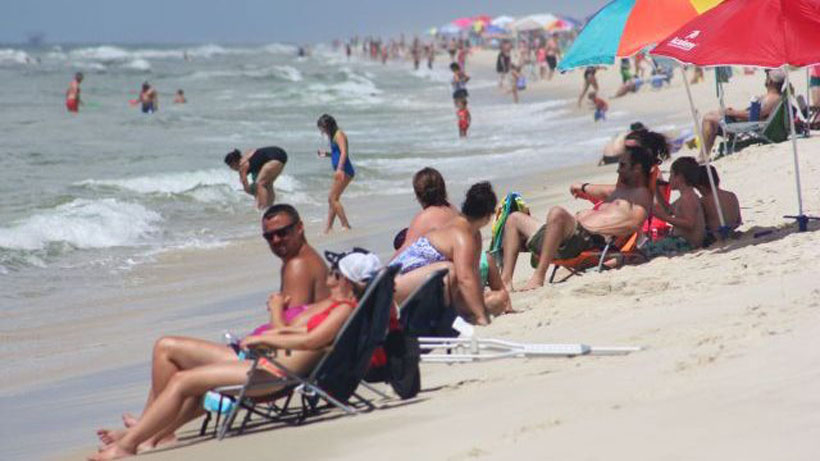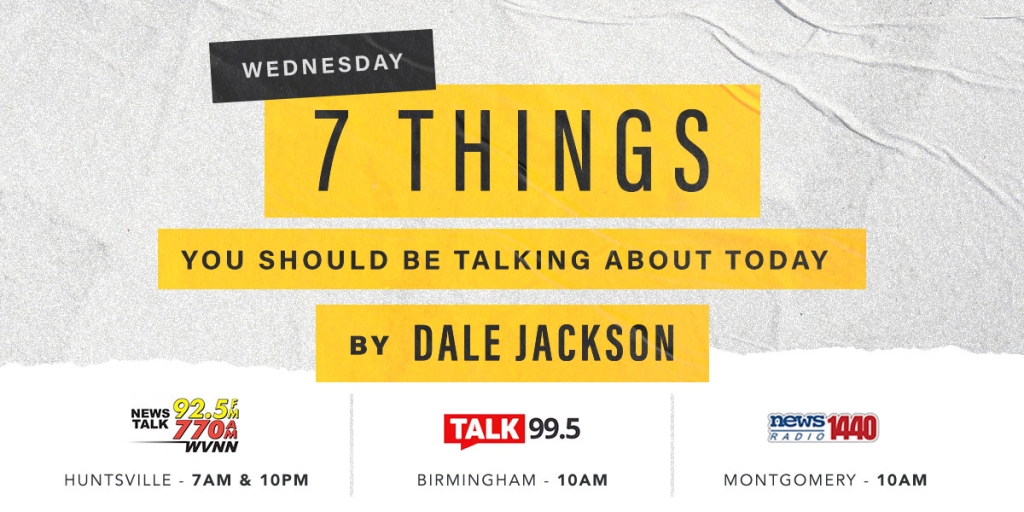
Some think yet another tax increase is the only way to solve Alabama’s transportation woes. But along Alabama’s southern coast, there’s one example of how private sector investment can improve transportation infrastructure without putting taxpayers on the hook.
Currently, two bridges over the Intracoastal Waterway connect Alabama’s coast to the rest of the state: publicly owned Interstate Highway 59 and privately owned Foley Beach Express. Both bridges serve the same purpose, but the latter is a better deal for taxpayers, offering drivers a choice to pay a toll and avoid 10 times the traffic on I-59.
Nonetheless, Alabamans are understandably frustrated by the increase in traffic traveling to and from the Gulf Coast. The question for taxpayers is similar to that facing the country as a whole: do we follow the public-private approach and create sustainable traffic management, or pour more taxpayer dollars into “shovel ready” projects without regard to market-based incentives.
Taxpayers should keep this question in mind at the upcoming Orange Beach Town Hall meeting on November 7th, where the town’s mayor anticipates the announcement of a second taxpayer-funded bridge to alleviate congestion between mainland Alabama and its Gulf Coast. Last year, Mayor Tony Kennon introduced the idea of building a new bridge saying, “If [American Roads] is not going to partner with us, then we’re going to build a bridge to the west ourselves. It will be a free bridge.”
Alabamans who have suffered in the area’s undeniable traffic may be enticed by a taxpayer-funded bridge, even with a price tag around $30 million (plus long-term maintenance). But there is a much more responsible solution. American Roads – a private company – is willing to enter into a public-private partnership on a new bridge.
American Roads built and maintains the existing Foley Beach Express. The private company recoups all of its investments through a per-car toll, or user fee, so to speak. This arrangement protects the taxpayers by ensuring that only those who use the bridge and contribute to its wear and tear, including tourists from Louisiana, Mississippi, and Florida, are the ones footing its bills.
In addition to American Roads’ willingness to engage in another public-private partnership to build a second bridge to the Gulf Coast, the company is already investing $5 million in its Foley Beach Express to add an additional lane and cameras that will read tags and bill customers later. These changes are expected to allow the bridge’s capacity through the toll plaza to triple, from about 1,000 per hour to 3,000 per hour.
The benefits of the Foley Beach Express make it easy to see why public-private partnerships are a major part of President Trump’s infrastructure plan, and would be the best way to solve the coast’s traffic issues. The only hurdle to this taxpayer-friendly solution is a small group of people who are clearly struggling to understand a very simple equation. Instead of embracing the opportunity to solve a traffic problem and protect taxpayers at the same time, they want to pour tens of millions of hard-earned taxpayer dollars into a “free” bridge.
Why would anyone think government should blow $30 million tax dollars on a project that the private sector is willing and able to take on itself? This thinking is completely illogical.
Unfortunately for Alabama taxpayers, this scenario in Gulf Shores is just a tiny part of a larger problem in Alabama: taxpayer resources are not always appropriated responsibly. There are plenty of wasted dollars in the state budget, such as on long-standing corporate subsidies that suck up millions every year.
As such, there is no justification for shaking more money out of Alabama families and businesses. Alabama’s transportation woes can be solved without a net tax increase by reforming government in a way that puts current spending to better use, and working to encourage public-private partners rather than competing with them.
Ending the push for a $30 million government bridge to the Gulf Coast and allowing a public-private partnership to solve that problem would be a great place to start.
Grover Norquist is President of Americans for Tax Reform, a non-profit taxpayer advocacy group founded at the request of President Ronald Reagan.
(The views and opinions expressed in this post are those of the guest author and do not necessarily reflect those of Yellowhammer News.)











